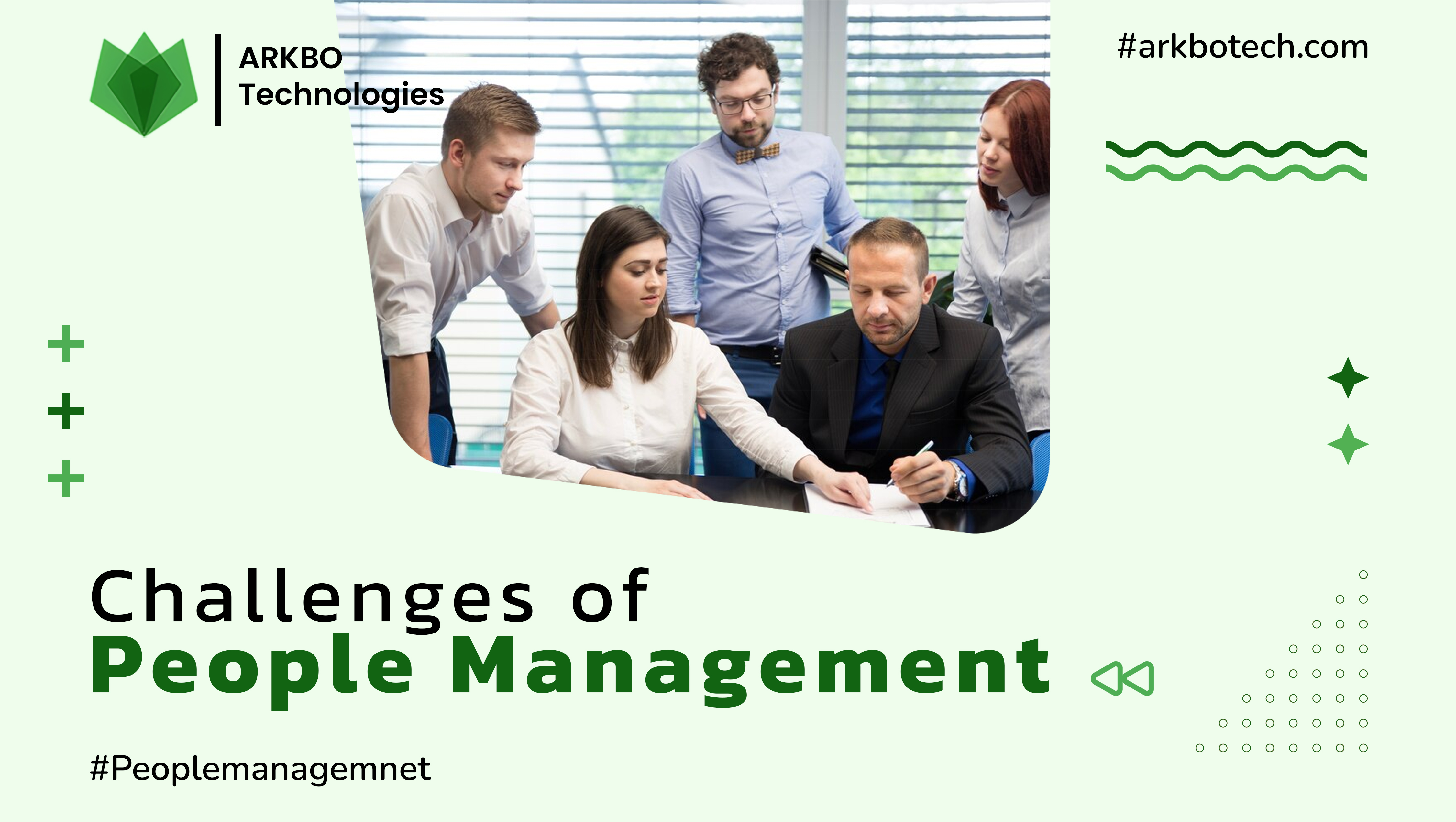
People management is considered as the attribute of the workplace success which focuses on optimizing human potential for the growth and development of the organization. It is one of the crucial skills every manager and leader requires to achieve success and organizational goals for leading, motivating, and developing the strong team.
However, managing people is not an easy task. It brings some sort of challenges in the day-to-day work life. Let’s explore the some of the challenges faced by the leaders and the managers while managing the people.
Recruitment and Selection: One of the biggest challenges faced by people managers is finding the right talent. It involves a deep understanding of the skills required for the position, the ability to attract qualified candidates, and the ability to determine who is the best candidate for the job. Similarly, because of the changing nature of the labor market and the fiercer competition for qualified workers, recruiters frequently have a difficult time locating applicants who not only have the necessary skills but also share the organization's values and culture.
Performance Management: For an organization to succeed, managing and assessing employee performance effectively is essential. However, insufficient timely and useful feedback is a common shortcoming of traditional performance management methods, which causes employee dissatisfaction and disengagement. Furthermore, biases in performance reviews have the potential to damage the process' credibility and prevent members of underrepresented groups from taking advantage of professional development opportunities.
Employee Engagement and Retention: One of the difficulty mangers face is sustaining high levels of employee engagement and retention. In present time, personnel expect for meaningful work, growth opportunities, and a people-oriented workplace culture. In the case when the organizations, fail to meet these expectations, it results for decreased morale, productivity, and ultimately, higher turnover rates
Workplace Diversity and Inclusion: Creating an inclusive and diverse workplace is not only the right thing to do, but it is also a business need. But promoting diversity and inclusion calls both intentional work and a dedication to removing institutional prejudices and impediments. People managers have the difficult task of fostering an atmosphere in which each person feels appreciated, respected, and free to offer their special skills and viewpoints.
Conflict Resolution: In any job, there will inevitably be conflict due to personality conflicts, contrasting work styles, or competing priorities. To handle conflicts and bring peace back to teams, people managers need to be highly skilled in both interpersonal communication skills and conflict resolution. Stress can rise, confidence can be damaged, and cooperation can be hindered if disagreements are not resolved quickly and productively.

Work-Life Balance: In today's globalized society, maintaining a healthy work-life balance has grown more challenging. As work and personal life become more entwined, employees find it difficult to detach from their jobs, which can result in burnout and lower output. A culture that prioritizes well-being must be fostered, time off must be encouraged, and work-life balance must be promoted by people managers by clearly defining expectations for working hours.
Adjusting to Shift: Organizations are always changing in today's unpredictable and turbulent business climate, whether it is due to organizational reorganization, market upheavals, or technology breakthroughs. People managers need to be skilled at handling these changes, leading their teams through times of ambiguity and uncertainty, reducing opposition to change, and building employee resilience.
Succession Planning: In order to maintain continuity and sustainability within businesses, succession planning is essential, particularly for leadership positions. However, it takes vision, strategic thinking, and funding for leadership development programs to find and nurture high-potential workers to occupy important roles. To reduce the risks associated with leadership turnover, people managers need to plan ahead for future talent requirements, develop candidates for leadership positions, and establish career advancement paths.
Mental Health and Well-being: Although employee well-being is crucial to an organization's performance, mental health problems in the workplace are becoming more common. Employee morale, engagement, and productivity can be impacted by elements like work-related stress, burnout, and isolation, which are all made worse by working remotely. It is imperative for people managers to place a high priority on mental health awareness, provide tools for support, and cultivate a work-life balance and psychological safety culture.
Workplace Disparities Among Generations: There are several generations in the workforce today, and they all have different expectations, values, and communication styles. People managers face problems in bridging generational gaps and utilizing the strengths of varied age groups. Techniques like reverse mentoring, mentorship programs, and customized communication strategies can help to promote intergenerational cooperation and knowledge exchange.
To sum up, managing people is a difficult and complex job that calls for a variety of abilities. People managers deal with a wide range of issues on a daily basis, including hiring and selection, performance management, handling conflicts, employee engagement, and change management. Through early identification and proactive resolution of these issues, companies may establish a constructive and efficient work atmosphere that supports the growth of their workforce and helps them meet their objectives.